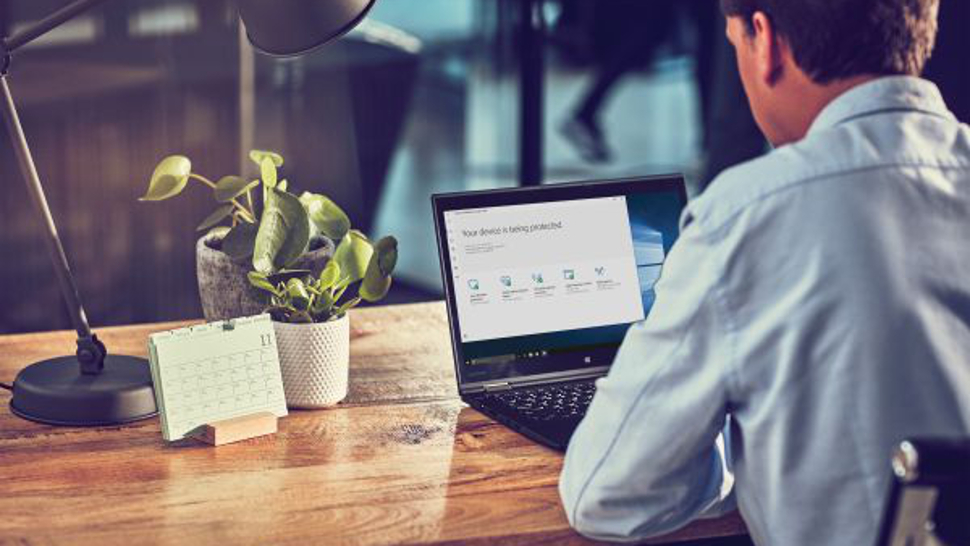
Microsoft might be eager to move users along to Windows 11, and from there, whatever the next iteration of its desktop operating system may be, but it looks like Windows 10 isn’t completely shelved just yet.
In fact, quite the opposite, as Microsoft has recently published a blog post announcing that it’s reopening the Windows 10 Beta channel.
The Beta channel is the penultimate testing avenue of the Windows Insider Program, ahead of the final Release Preview channel. Users sign up to test the newest features for Windows 10, which are eventually released to all users of the OS.
Bearing in mind that Windows 10 support is scheduled to end in October 2025, which is not all that far off now, it’s a bit surprising that Microsoft has made this move. It certainly shows that we can expect new features down the line, ones that need to be tested - although to be fair, Microsoft has made a number of additions to Windows 10 in recent times. (After briefly declaring the OS would only get security updates, and nothing else).
So, Microsoft isn’t totally finished with Windows 10 yet, and this is perhaps a kind of acknowledgment that it’s still the most popular Windows OS (by quite some margin over Windows 11).

So, what does this mean for Windows 10 users?
I wouldn’t blame people for being a little confused by this move. It might seem strange that Microsoft is still dedicating resources to continue developing Windows 10, even though it’s due to stop receiving support next year.
Windows Latest probed Microsoft on whether this reactivation of the Beta channel could even be a hint that Windows 10 support might just be extended beyond October 2025, but that is not the case. All updates will still be ceased when that month rolls around next year.
Microsoft has indicated that it will offer a consumer version of its Extended Security Updates program, but the subscription price has yet to be announced. This will grant users the ability to continue receiving security updates past Windows 10’s end-of-life date, but again, only for a limited time and at a cost.
We recently saw Microsoft bring Windows 11’s ‘Mobile Devices’ page to Windows 10, allowing users to access, view, and edit photos from their Android device on their PC instantly. It’s unknown what other features Windows 10 will receive going forward, but I imagine these will be existing Windows 11 features as they’re already developed.
Overall, I think Windows 10 users will welcome this news and we’ll have to see how Microsoft fares when the big end-of-life date comes around.







